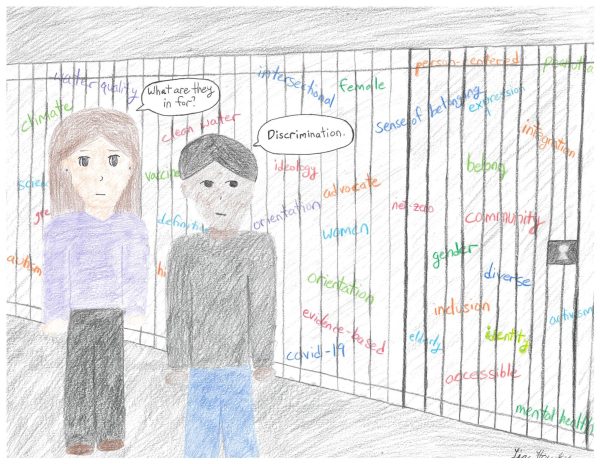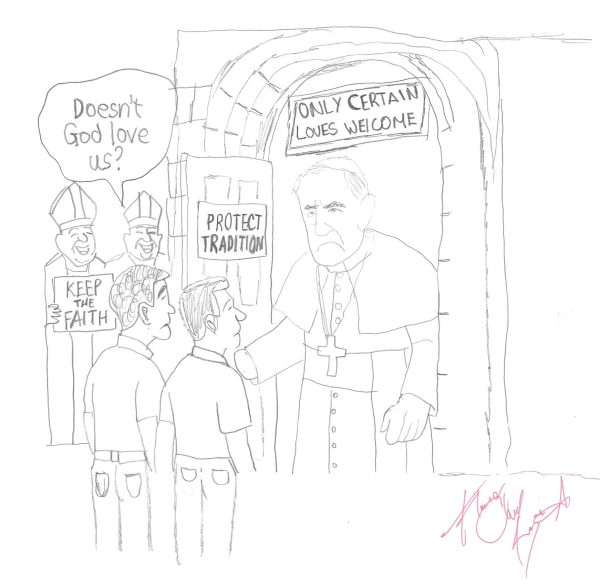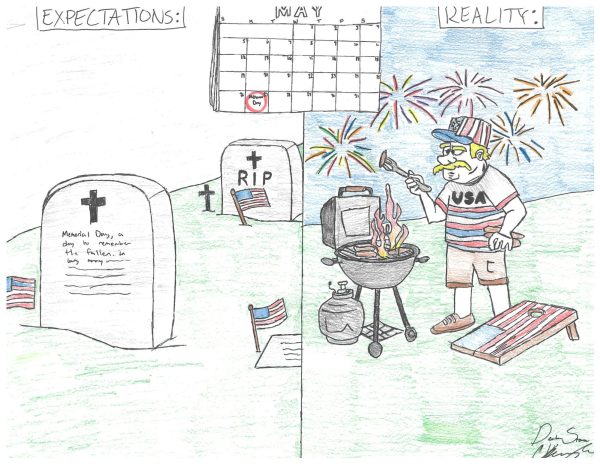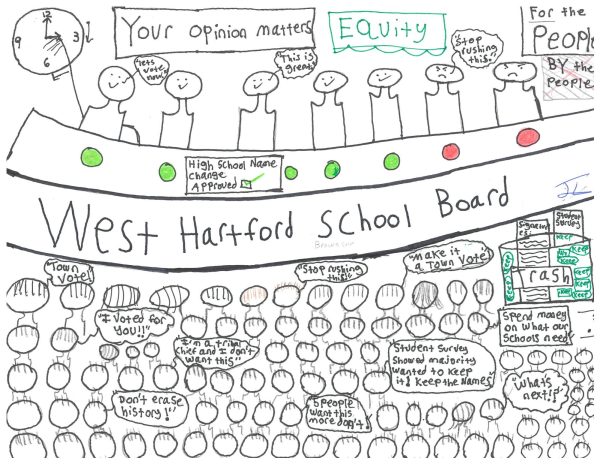Give Me My Vote!
I (a 17-year-old) can be fully taxed on income earned and tried as an adult in a criminal court. I can legally drive a car across the country, but don’t have the power to vote? Many young adults are informed enough to make their own decisions and participate in elections, but simply can’t. If 16 and 17-year-olds are allowed to vote American politics will experience greater diversity in thought and opinion.
At the current voting age of 18, teens often find it difficult to vote or even care about politics. They’re worried about college or getting their first job rather than participating in civics. FairVote, the nonpartisan champion of electoral reforms, states that the earlier an individual casts their first vote, the more likely they are to make voting a habit. Two Maryland cities who have extended municipal voting rights to 16 and 17-year-olds for local elections and have since experienced increased voter turnout of over 10 percent across ages 16 to 19 in elections.
The strongest argument against lowering the voting age is the lack of teen maturity. Some social scientists say that certain parts of the brain continue to develop until about 25. However, empirical evidence in neuroscience supports the ability of young adults to vote. In the NYT article “Why We Should Lower the Voting Age to 16,” Laurence Steinberg explains cold cognitive abilities. These are the abilities we have when we are in a calm situation, such as casting a vote. “Studies of cold cognition have shown that the skills necessary to make informed decisions are firmly in place by 16. By that age, adolescents can gather and process information, weigh pros and cons, reason logically with facts and take time before making a decision.” Sometimes teenagers may make unthoughtful choices, yet statistically speaking, they are capable of making well-informed decisions as often as adults.
Many high schoolers have to fear real-world dangers from the precipitous spike in school shootings and gun crimes to even the impacts of climate change. Sadly the voices of these teens are often never heard; Laurence Steinberg additionally stated, “Unfortunately when it comes to electing lawmakers whose decisions about gun control and other issues affect their lives, high schoolers lack any real power. This needs to change.” Colin Delaney, a senior at Hall High, agrees, “I deserve to be heard and to have the opportunity to make a difference in my local community.” Young adults under 18 should have the ability to participate in electing politicians that share their values.
Voting is an age-old American tradition. Young Americans will face the effects of new laws passed by our government. These citizens deserve to help carve the path for future Americans.





